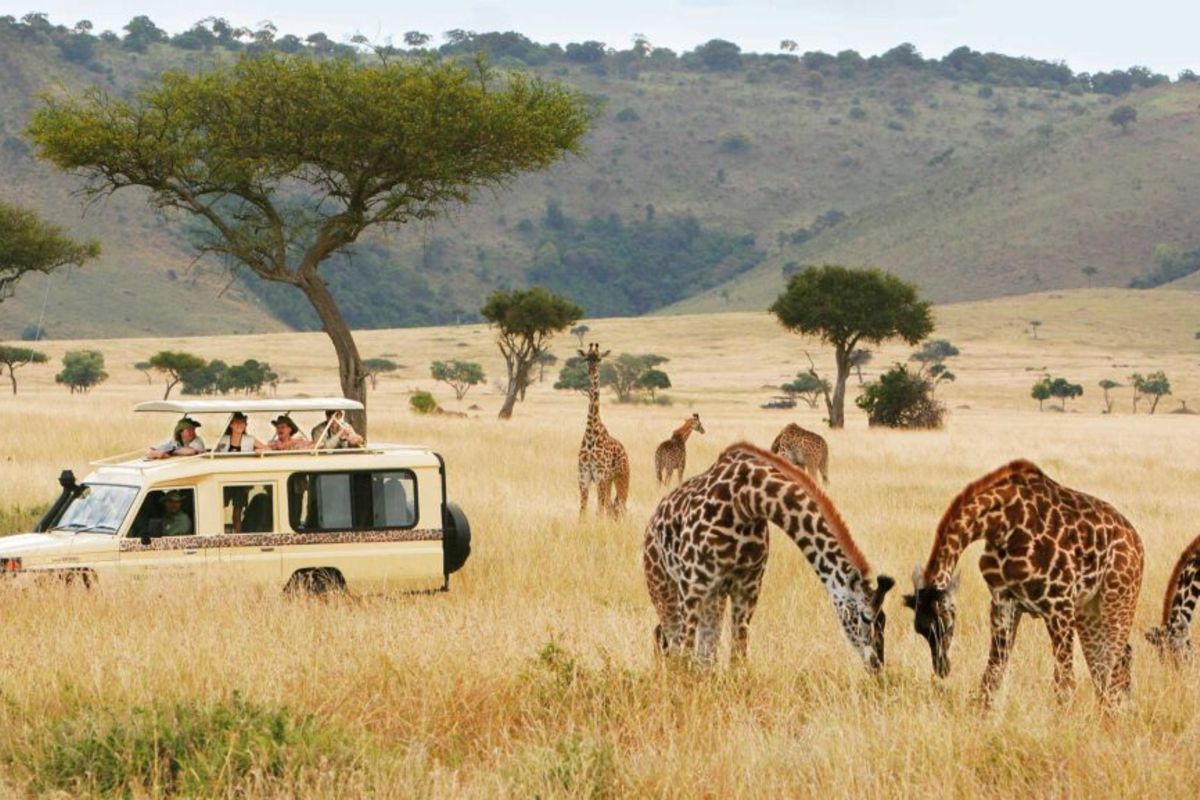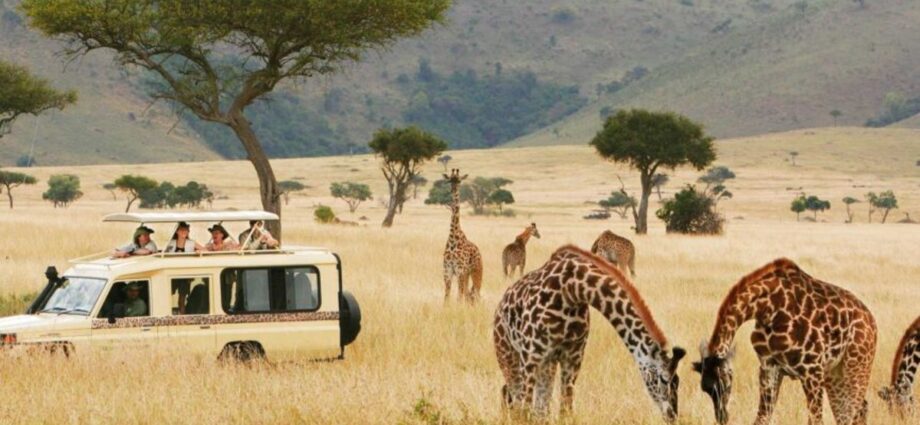
Arusha. Tanzania, Cabo Verde, Morocco, and Kenya have emerged as the top performers in tourism arrivals, recording significant growth in the first seven months of 2024, according to the United Nations World Tourism Organisation (UNWTO).
Overall, Africa saw a seven percent increase in tourist arrivals between January and July 2024 compared to the same period in 2019. Among East African nations, Tanzania and Kenya stand out, with Tanzania leading the way with an impressive 49 percent increase in tourism traffic. Cabo Verde followed with a 34 percent rise, Morocco at 32 percent, and Kenya reported a 10 percent increase.
All four countries surpassed their 2019 tourism figures in the early months of 2024, as detailed in the UNWTO’s September 2024 World Tourism Barometer report. This reflects a gradual recovery in the post-pandemic travel landscape across the continent.
The UNWTO report comes at a time when official figures show that Tanzania was comfortably gaining from tourism as the sector shows signs of a complete recovery from the negative effects of the global Covid-19 pandemic.
Official figures now put the number of tourist arrivals at a record 2.026 million.
The figures, published by the Bank of Tanzania (BoT), show that these tourists brought in a record $3.534 billion during the year ended July 2024. This, according to the BoT’s Monthly Economic Review (MER) for August 2024, was $531.8 million more than what the country registered during the preceding year.
“The rise in travel receipts arises from the recovery observed in the tourism industry, reflected by the increase of tourist arrivals by 22 percent to 2,026,378,” the BoT says in the report.
While there is an overall recovery in African tourism, data indicates that Northern Africa is experiencing the strongest rebound, with a 21 percent increase in international arrivals compared to pre-pandemic levels. This growth surpasses that of Central America, which recorded a 19 percent increase, as well as the Caribbean and Southern and Mediterranean Europe, both at 9 percent.
An estimated 790 million tourists travelled internationally in the first seven months of 2024, marking an 11 percent increase from 2023, though still 4 percent below the levels seen in 2019. Despite these positive trends, experts at the gathering in Arusha voiced concerns regarding the reliability of tourism data from many Sub-Saharan African countries, suggesting that inflated figures may hinder a true understanding of tourism performance.
The UNWTO attributes the strong demand for travel to factors such as increased air connectivity, visa facilitation, and a recovering Asia-Pacific tourism market. The Middle East emerged as the fastest-growing region, with international arrivals climbing 26 percent above 2019 levels.
In Europe and the Americas, tourism figures reached 96 percent and 97 percent of pre-pandemic levels, respectively, while the Asia-Pacific region recorded 82 percent of its 2019 arrivals.
Revised data for 2023 revealed that export revenues from international tourism amounted to USD 1.8 trillion, nearly matching pre-pandemic levels. Furthermore, the direct GDP contribution from tourism reached approximately USD 3.4 trillion, accounting for 3 percent of global GDP.
Looking ahead, the UN Tourism Confidence Index reflects optimistic expectations for the remainder of 2024, currently at 120 points for September to December. However, this is a slight decrease from the 130 points recorded for the May to August period.
Tourism experts highlighted inflation as a key challenge, noting rising transport and accommodation costs that may impact the sector’s growth moving forward.














